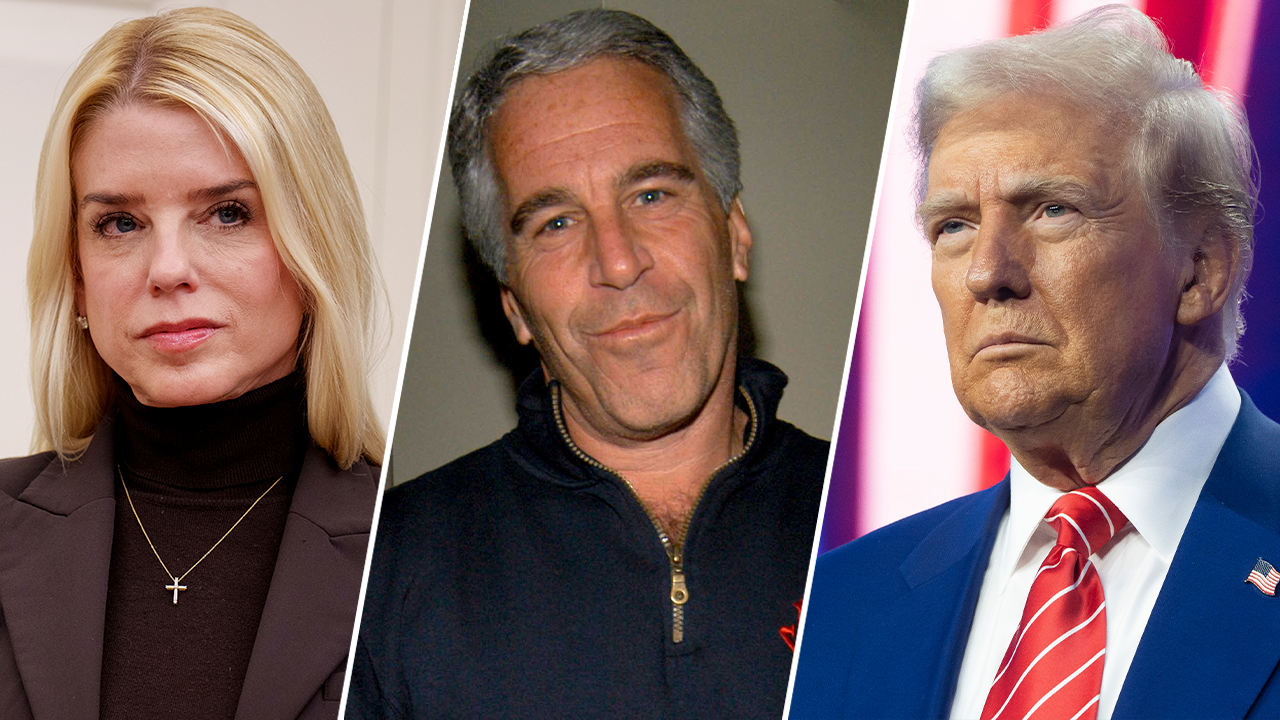Washington, D.C. – July 31, 2025 – Senate Democrats have intensified their campaign to force the release of long-withheld files related to Jeffrey Epstein’s sex trafficking case, invoking an obscure federal law to pressure the Trump administration’s Justice Department. The move has ignited a fierce political firestorm, exposing deep rifts within the Republican Party and fueling public demands for transparency in one of the most infamous criminal cases in recent history.
Democrats Invoke “Rule of Five” to Compel Disclosure
On Tuesday, July 29, 2025, Senate Minority Leader Chuck Schumer, alongside all seven Democrats on the Senate Homeland Security and Governmental Affairs Committee, sent a letter to Attorney General Pam Bondi, demanding the release of all Epstein-related files, including audio, video, and documents, by August 15. The Democrats invoked a rarely used 1928 federal law, known as the “Rule of Five,” which requires government agencies to provide information if requested by five members of the Senate’s chief oversight committee. The letter emphasized protecting victims’ identities but insisted on “full transparency” after what Schumer called “missteps and failed promises” by the Trump administration.
The Justice Department is unlikely to comply, according to sources familiar with its stance, setting the stage for a protracted legal battle. Senate Majority Leader John Thune (R-S.D.) described the law as “very dated” and under review, predicting a drawn-out fight. Democrats, however, see the move as a way to draw Senate Republicans into a debate that has already paralyzed the House, where GOP leaders have struggled to manage demands for transparency from both their base and Democrats.
House Battles and GOP Divisions
The Epstein files have become a political lightning rod, with Democrats capitalizing on divisions within the Republican Party. In the House, a July 24 vote by the Oversight Subcommittee saw three Republicans join Democrats in an 8-2 decision to subpoena the Justice Department for Epstein files, defying President Trump and House Speaker Mike Johnson (R-La.). The subcommittee also approved a subpoena for Ghislaine Maxwell, Epstein’s convicted co-conspirator, to testify, though her reliability as a witness is questioned due to her ongoing appeals and 20-year prison sentence.
House Democrats, led by figures like Rep. Ro Khanna (D-Calif.) and Rep. Summer Lee (D-Pa.), have repeatedly forced votes on amendments to compel the release of Epstein documents, stalling GOP legislative priorities. On July 15, the House Rules Committee voted 5-6 to block Khanna’s amendment to attach Epstein file disclosure to cryptocurrency legislation, with only one Republican, Rep. Ralph Norman (R-S.C.), crossing party lines. Frustrated by Democratic tactics, Republicans recessed the House a day early on July 23, prompting Schumer to dub the break “the Epstein recess.”
The GOP base, particularly Trump’s “Make America Great Again” (MAGA) supporters, has clashed with the administration over its refusal to release the files. Prominent MAGA figures like Rep. Marjorie Taylor Greene (R-Ga.) and commentators Tucker Carlson and Steve Bannon have demanded transparency, amplifying public distrust. A CNN poll found 56% of Democrats, 52% of independents, and 40% of Republicans dissatisfied with the government’s handling of Epstein-related information. Rep. Thomas Massie (R-Ky.) and Khanna have collaborated on a bipartisan resolution to force a House vote after the August recess, with Massie securing support from at least 11 Republicans, needing only six more for a majority.
Trump Administration’s Stance and Backlash
The Trump administration has faced intense scrutiny over its handling of the Epstein case. Attorney General Pam Bondi initially suggested in early 2025 that a “client list” existed and would be reviewed, but a July Justice Department memo concluded no such list exists and that Epstein died by suicide in 2019, contradicting years of conspiracy theories pushed by some Trump allies. Trump, who socialized with Epstein for nearly 15 years before distancing himself, has dismissed calls for further releases as “bulls—” and accused Democrats of fabricating the controversy. However, facing backlash, Trump directed Bondi on July 18 to seek grand jury testimony, though a Florida judge denied the request on July 24, with a similar effort pending in New York.
House Speaker Johnson, while publicly supporting transparency, has resisted binding votes, calling Democratic efforts “gotcha politics.” He backed a nonbinding GOP resolution to encourage file releases but delayed a vote until September, frustrating both Democrats and conservative Republicans. Johnson’s claim that the administration is “already doing everything” to release credible information has drawn skepticism, with Democrats like Rep. Jim McGovern (D-Mass.) labeling GOP resolutions “glorified press releases.”
Broader Implications
Democrats have seized on the issue as a campaign weapon, accusing Republicans of shielding “the rich and powerful.” House Minority Leader Hakeem Jeffries (D-N.Y.) linked the Epstein files to broader GOP policies, arguing they protect “pedophiles” and elites. The House Majority PAC launched a “GOP Epstein Simps Target List” to attack vulnerable Republicans who blocked Khanna’s measure, tying it to Trump’s tax cuts and January 6 pardons. In the Senate, Sen. Chris Van Hollen (D-Md.) secured unanimous approval for an amendment to preserve Epstein records, signaling bipartisan concern.
The controversy has also reignited debate over Epstein’s 2005 Florida plea deal and Maxwell’s non-prosecution agreement, which she is appealing to the Supreme Court. Critics argue the Justice Department’s reluctance to pursue lesser figures in the case fuels public suspicion. As the House returns in September, the Massie-Khanna resolution could force a binding vote, potentially exposing more GOP divisions. With both parties leveraging the issue for political gain, the Epstein files remain a potent symbol of distrust in institutions, ensuring the saga will persist into the 2026 midterms.
